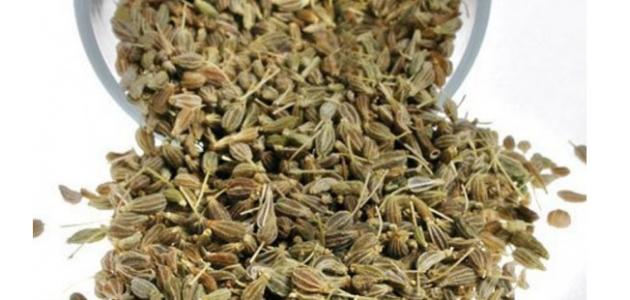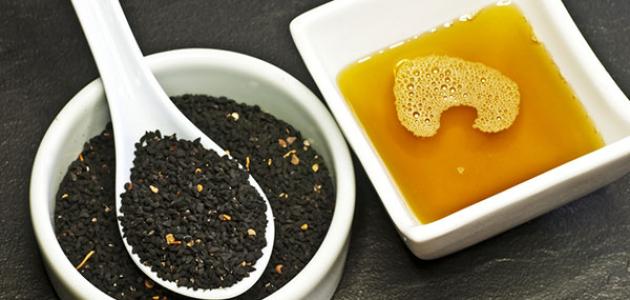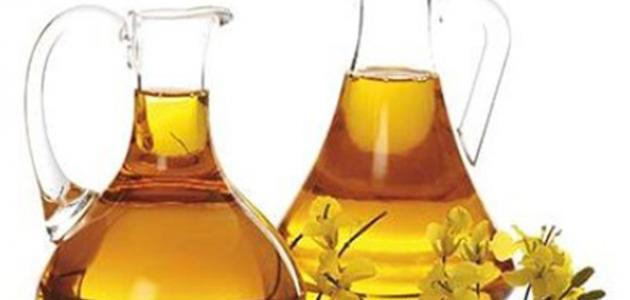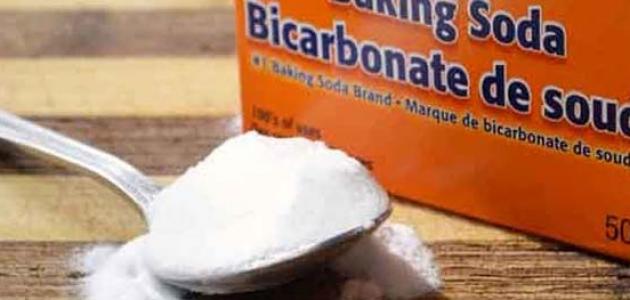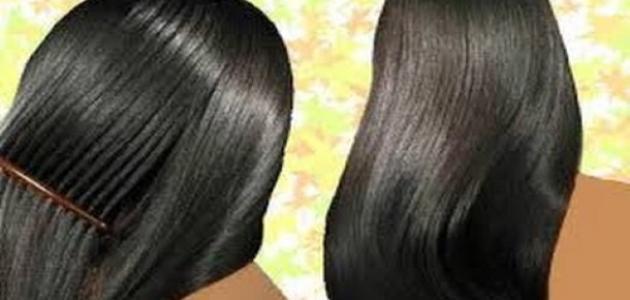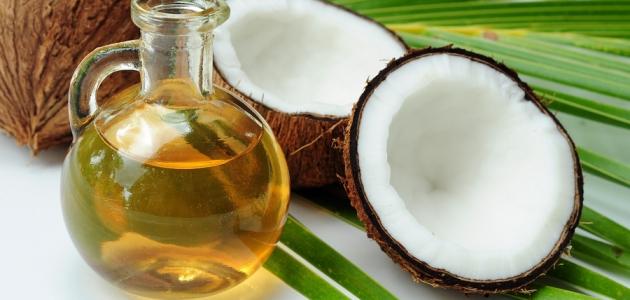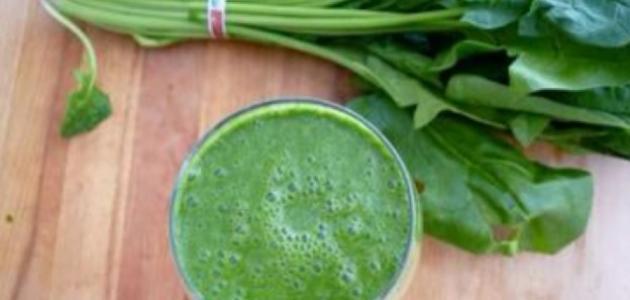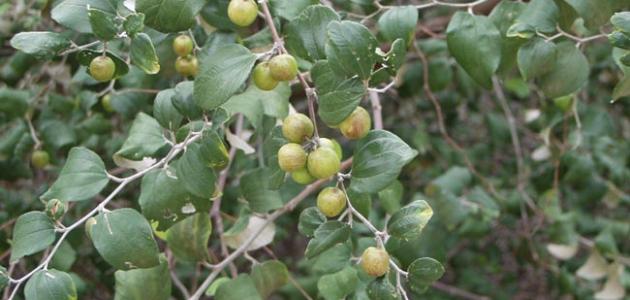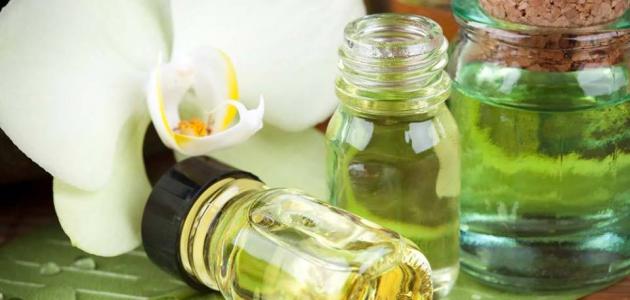Anise oil and head lice
Anise is a herbaceous plant that originates from the eastern Mediterranean region, which includes Spain, Turkey, Syria, and others. Anise grows to a height of half a meter, bears white flowers in the summer, and its seeds have a distinctive taste and smell. Anise is widely used around the world due to its various medicinal benefits, high nutritional value and many other reasons. In this article, we will talk about anise oil and its benefits for the body, and how to use it to treat head lice.
As for anise oil, it is made from the herbal anise plant (scientific name: Pimpinella anisum) or from its seeds, and it is widespread in many regions of the world. Anise oil has many benefits for the body, such as enhancing the health of the digestive system. In ancient Rome, anise was used with cumin and fennel to make cakes, while the Egyptians used it as a baking ingredient. Anise is often confused with fennel, because both plants come from the same family (scientific name: Apiaceae), and they have a similar taste. The composition of anise essential oil varies depending on the place where it was produced. In general, the main component of anise oil is the compound anethol, which is responsible for its smell and some of its beneficial properties. It also contains other substances, such as propionic. Estragole and many others.
Head lice are small insects that feed on blood from the scalp. Head lice often infects children, and is usually caused by direct transmission of lice from one person's hair to another person's hair. It must be taken into account that head lice is not a sign of poor personal hygiene or an unclean environment, nor does it carry bacterial or viral infectious diseases. There are many medications available to treat head lice without any prescription, and there are also many home and natural recipes for treating it.
Read also:The most important oils for hairUse anise oil to kill lice
This method consists of several oils that can be used in addition to a small multi-toothed comb to eliminate lice and their eggs. The method is:
- Method 1
- the ingredients:
- 62.2 grams of olive oil.
- A few drops of tea tree oil.
- A few drops of lavender oil.
- A few drops of neem oil.
- A few drops of clove oil.
- A few drops of camphor oil.
- A few drops of anise oil.
- A few drops of red thyme oil.
- A few drops of peppermint oil.
- A few drops of nutmeg oil.
- A few drops of cinnamon leaf oil.
- How to prepare and use:
- Mix all the oils together except olive oil to make an essential oil.
- Mix olive oil with 20 drops of essential oil, and apply the mixture to the scalp.
- Leave the mixture on the hair for at least 12 hours, then comb it using a small comb, then wash the hair with shampoo and rinse.
- The method is repeated several times to obtain the desired results.
- the ingredients:
- The second method
- the ingredients:
- 20 drops of any of the oils mentioned above.
- 124.4 grams of alcohol.
- How to prepare and use:
- Mix 20 drops of essential oil with medical alcohol well and place the mixture in a vaporizer.
- Spray the hair with the mixture until it is saturated, then leave it for 12 hours until the head lice are removed.
- the ingredients:
note: It must be ensured that there is no allergy to any type of oil that makes up the essential oil that was mixed and composed, and test the extent of its sensitivity on a part of the body away from the face, and in the event of an allergy to any type of it, it should be dispensed with.
Read also:Benefits of olive oil for hairOther recipes for head lice
There are many recipes for removing lice, but we will mention two of them:
Coconut Oil
Coconut oil can stop lice from moving freely between the hair strands, and prevent it from multiplying. The method is:
- Ingredients:
- amount of coconut oil.
- An amount of apple cider vinegar.
- How to use:
- Rinse the hair well with apple cider vinegar and leave it to dry.
- Saturate the scalp and hair well with coconut oil, then cover the hair with a towel and leave it overnight, or for a period of between 6-8 hours.
- Comb the hair the next morning, then wash it with shampoo as usual.
- This treatment is repeated daily for a week to completely eliminate lice.
note: To make this recipe more effective, you can add a few drops of anise oil to coconut oil.
white vinegar
White vinegar contains acetic acid, which is powerful in eliminating head lice. The method is:
- Ingredients:
- An amount of white vinegar.
- amount of water.
- How to prepare and use:
- Mix equal amounts of white vinegar and water.
- Saturate the scalp and hair well with the mixture, then wrap a towel around the hair for an hour or two.
- Dip a comb with multiple small teeth in white vinegar, and comb the hair well.
- Rinse the hair well with white vinegar, then wash with shampoo.
Benefits of anise oil
Anise oil is produced by extracting it from the seeds of the anise plant, which was used in ancient times in cooking and in the manufacture of some medicines. It has many benefits, including:
Read also:The most important oils for hair- Anise oil helps speed up the digestion process and reduces abdominal bloating.
- Anise oil helps relieve the symptoms of the common cold, as it is used as an expectorant of phlegm in the chest and relieves congestion quickly.
- Anise oil has many powerful antiseptic and antibacterial properties. It also prevents infection in wounds and speeds up the healing process.
- Anise oil has anti-rheumatic properties, reduces pain and inflammation, and improves blood circulation.
- It relieves muscle spasms, as it contributes to muscle relaxation and soothes them.
- Anise oil reduces gas and bloating, and also soothes the symptoms of heartburn.
- Anise oil can be used as an insect repellent, as it is a natural insecticide.
- Anise oil is used as an antifungal, as it fights fungal infections such as Candida. This oil can be a very effective treatment for such diseases.
- Anise oil can be used to treat epileptic seizures and combat hysteria due to its calming effect.
- Anise oil can be used to treat intestinal infections and some stomach diseases, such as intestinal worms.
